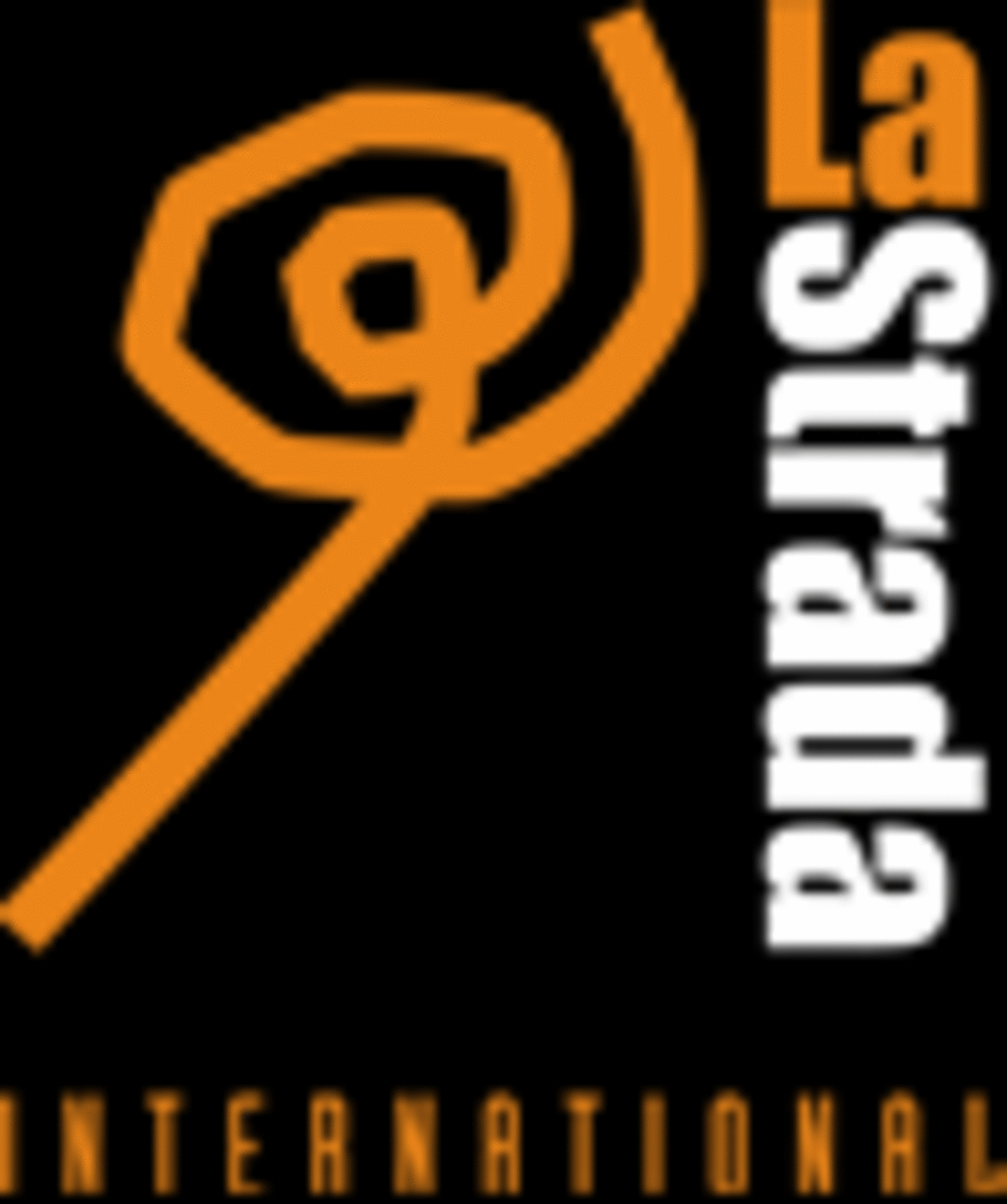La Strada, a Polish anti-trafficking NGO, is supported with a €227,820 grant from the Polish democracy and civil society NGO fund of the EEA and Norway Grants.
La Strada's core priority areas are awareness-raising and lobbying activities, prevention and education initiatives as well as provision of social assistance to trafficking victims. It operates a 24/7 emergency hotline for trafficking victims as well as a safe shelter home, and cooperates with the Halina Niec Legal Aid Center, where young lawyers provide legal support to trafficking victims. Members of the public wishing to report cases of suspected trafficking may contact La Strada's e-mail and telephone hotline in Polish, Russian and Vietnamese.
La Strada also administers an extensive network of individual volunteers in the neighbouring countries in order to help trafficking victims with repatriation and reintegration into their home country, a costly and difficult process often involving medical aid, psychological counselling and social and legal assistance.
Increase in trafficking
Trafficking in Central and Eastern Europe has increased over the last ten years, and constitutes one-fourth of the total world trade in persons, according to La Strada figures.
The region is characterised by the geographic proximity of abundantly wealthy and very poor nations, thus enabling large-scale professional criminal networks to exploit poorly controlled borders and corrupt officials. Most victims are girls and young women from Belarus and Ukraine, but there is an increasing number of victims from African countries as well as an increasing number of men.
Trafficking in persons is not limited to the sex industry, but can also refer to forced labour, and it invariably involves involuntary servitude and exploitation. Many victims are tricked by false agencies and advertisements offering employment, study opportunities or marriage abroad.
Vulnerability and social stigma
Trafficking victims are a highly vulnerable and exposed group and the social stigma of having been forced into prostitution or forced labour means that trafficking victims often have few places to turn to. The efforts of La Strada are therefore of high importance.
La Strada Poland is part of the La Strada International anti-trafficking network, which also has offices in Belarus, Bosnia and Herzegovina, Bulgaria, the Czech Republic, the former Yugoslav Republic of Macedonia, Moldova, the Netherlands and Ukraine.
